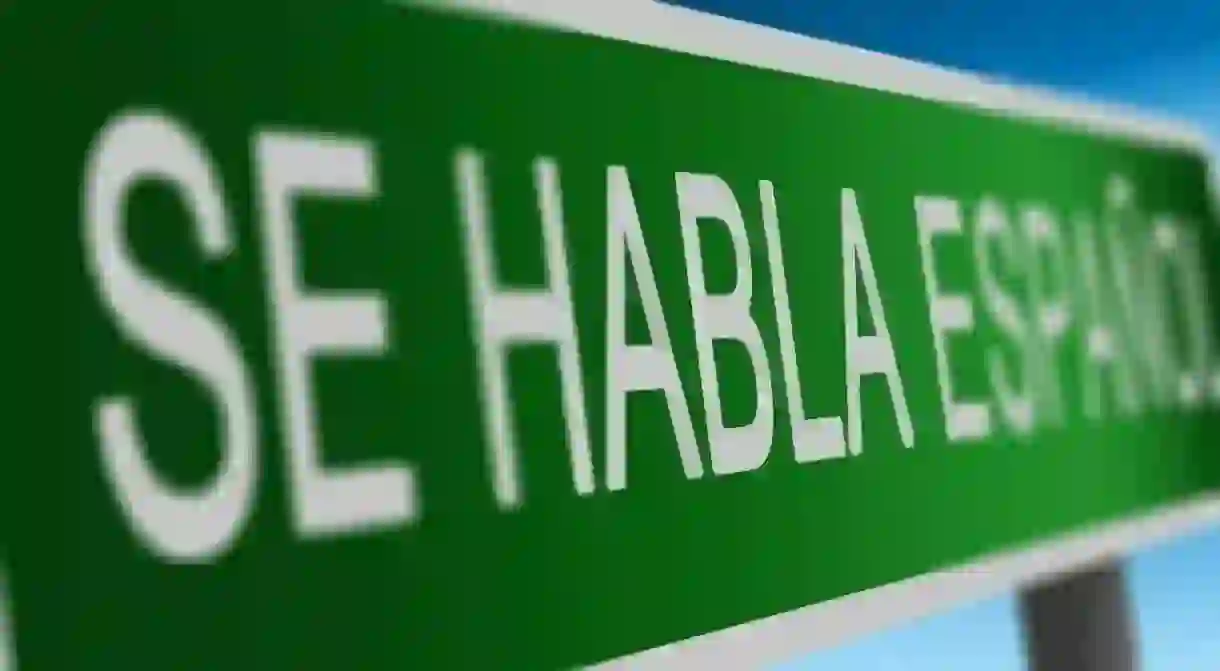All the Guatemalan Slang Terms You Need to Know

If you’re planning to visit Guatemala, you might be aiming to brush up on your Spanish, or to learn a few key phrases to get by. But the thing with Spanish in Latin America is that every country has their own version. The pre-Columbian languages merged with Spanish over the years, meaning that there are big variations of the language in every republic. And then there’s the slang. Guatemala has many slang words that are used frequently in day-to-day conversation, but probably won’t appear in your phrase book. Here are the slang terms you should know.

Aguas!
While the word agua means “water”, adding an “s” to the end gives it a whole other meaning. “Aguas!” is used as a warning – it’s essentially the Guatemalan version of yelling, “Heads up!” If you hear someone shouting “Aguas!” at you, it’s probably a good idea to duck or run; if they just say it conversationally, it’s more of a cautioning in the manner of, “Be careful.”
Cerote
Cerote is used a lot in Guatemala, and depending on who’s saying it and how, it can mean very different things. Traditionally, cerote is used offensively; it’s like calling someone a loser. It’s still commonly used this way in Guatemala, but more recently, it’s also been used as a term of endearment when referring to a close (usually male) friend. In this context, it’s like calling someone, “dude,” “mate,” or “bro.”
Pisto
Pisto is Guatemalan slang for “money” or “cash.” If you get into a tuk-tuk or cab, the driver might ask you if you have enough pisto to pay; some cafés and restaurants ask to be paid only in pisto.
Burra
The literal meaning of burra is a female donkey, but in Guatemalan slang it’s used to refer to a bus. Though chicken buses are most common in Guatemala, it can refer to any kind of bus, from chicken bus to fancy Pullman.

Clavo
Clavo literally means nail, as in a nail and a hammer, but in Guatemalan slang it means that a person has a problem or is dealing with a difficult situation. It can be used to describe someone having a problem with something or someone; for example, un gran clavo con la policía is”a big problem with the police.” It can also refer to someone being ashamed or embarrassed of a situation or a person.
Sho!
Sho! is one of those terms that’s hard to translate – it doesn’t really mean anything in itself. It’s usually used in circumstances when you need to quickly get people’s attention, or are looking for everyone to be quiet. If you shout “Sho!” people will probably fall silent and look at you expectantly, so don’t use it unless there’s a reason to!
Chispudo
In Guatemala, if a person is described as chispuda, it means they either respond to requests very swiftly, grasp technical or difficult concepts easily, or are very quick-witted and smart. It comes from the word chispa, which means “spark” – so you’re essentially saying that someone who is chispudo has a spark or is “sparky.”

Chucho
Chucho is the Guatemalan slang for dog – simple! However, it can also mean a tire. Based on the context, there isn’t much chance of you confusing a dog with a tire, but as a general rule of thumb, always assume chucho means dog, unless you’re talking about changing a tire, or something to do with mechanics.
Shute
Shute is used to describe a person who’s interested in things that aren’t their business. It’s not exactly an insult, but it’s similar to saying someone is nosey. You can use it in a lighthearted way to imply that people are meddling.
Chilero
Chilero is used to express appreciation for something. It basically means “cool,” “good,” or “nice” as an adjective. For example, “La película estuvo bien chilera!” means, “The movie was pretty good!”













